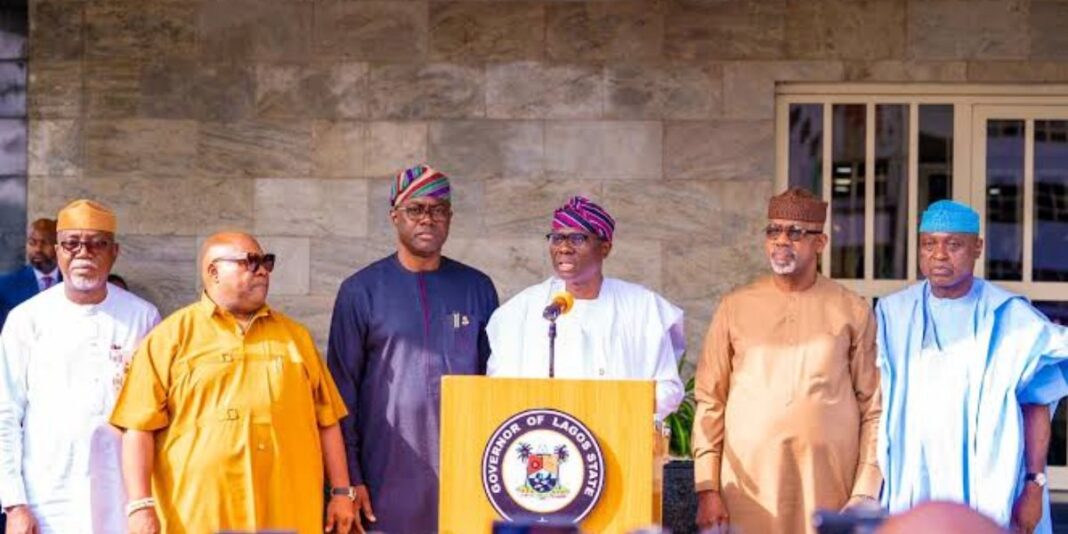Justice Abdurraheem Sayi, the Qadi of the Shari’ah Court of Appeal in Kwara State, has stated that governors in Nigeria’s South-West region lack the legal authority to prohibit the operation of Shariah arbitration panels.
Speaking at the University of Lagos Muslim Alumni’s 30th Pre-Ramadan Lecture, where he delivered a talk on “Shari’ah in Southwest Nigeria,” Justice Sayi dismissed objections to the panels as baseless, arguing that they stem from Islamophobia and a misunderstanding of legal principles.


He emphasized that arbitration, including Shariah-based arbitration, is a contractual process that does not require government approval.
“There is no ambiguity in the Nigerian Constitution regarding arbitration. It is purely contractual. Even the President lacks the power to approve or disapprove the constitution of an arbitration panel,” he said.
Justice Sayi further stressed that Muslims in the South-West do not need permission from state authorities, religious leaders, or traditional rulers to establish Shariah panels.
“All the Muslim arbitration panels I know operate within mosques. Monarchs and pastors have no jurisdiction over this matter. They need to recognize their limits,” he added.


Citing the Arbitration and Mediation Act of 2023, he pointed out that private citizens are legally allowed to form arbitral panels and define their own legal frameworks.
Justice Sayi also noted that in states like Lagos, Osun, and Ogun—where Muslims make up a significant portion of the population—there are no legal structures to handle Islamic family matters such as marriage dissolution and child custody under Shariah law.
“Muslims in the South-West are being treated as second-class citizens. The absence of Shariah-recognized family courts in the region is a violation of our fundamental rights,” he stated.

He urged South-West governors to allow the establishment of Shariah panels, clarifying that they are not replacements for conventional courts but serve as voluntary arbitration platforms.
“Participation in Shariah arbitration is optional, but once a person consents to the process, the decision becomes binding,” he explained.
Justice Sayi concluded by highlighting cases where High Court judges had referred litigants to independent Shariah panels, underscoring their legitimacy and necessity.




